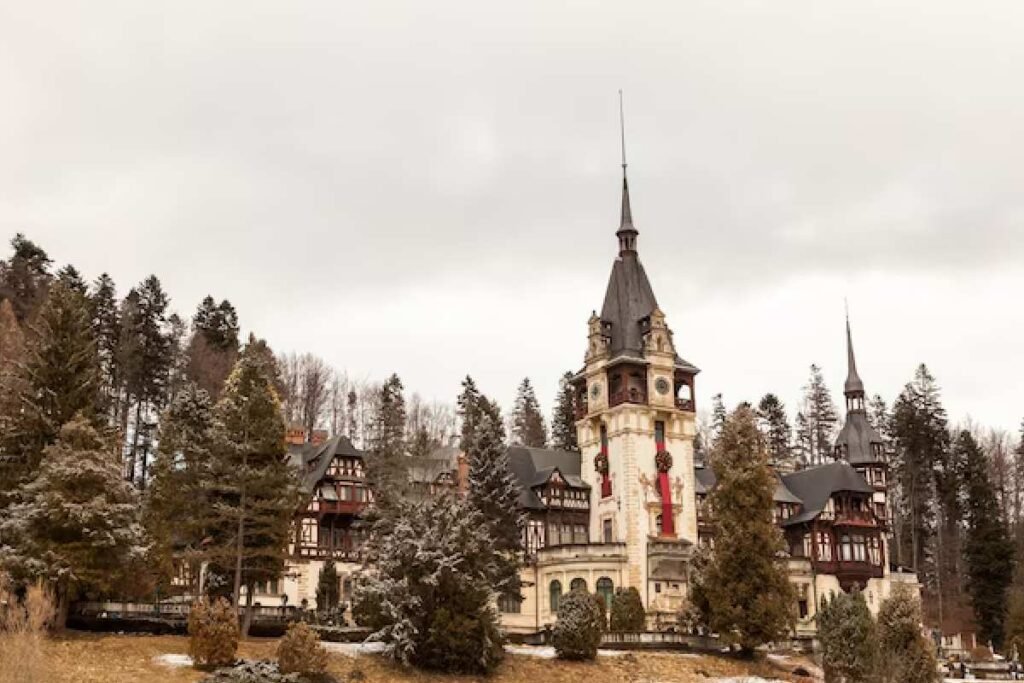Nestled in the heart of New Hampshire, Warner is a town rich with history, culture, and community spirit. From its early settlement days to its modern identity as a hub of small-town charm and resilience, Warner’s story is one of evolution and tradition. In this article, we delve deep into the history of Warner, NH, exploring its origins, significant milestones, and the people who shaped this vibrant community.
Early Beginnings: Settling Warner
Warner, originally called “Number One,” was the first of several land grants established by the Masonian Proprietors in 1735. Located along the Contoocook River, the area was appealing due to its fertile soil and abundant natural resources. Despite its promising location, early settlers faced significant challenges, including conflicts with Native American tribes and the harsh New England climate.
In 1774, the town was incorporated as “Warner” in honor of Jonathan Warner, a Portsmouth merchant who played a pivotal role in supporting the settlement’s establishment. By this time, the community had grown, and its economy was supported by agriculture, timber, and small-scale manufacturing.
The Role of the Industrial Revolution
The advent of the Industrial Revolution brought transformative changes to Warner. By the mid-19th century, the town had established itself as a manufacturing center, with mills powered by the Contoocook River driving local industry. These mills produced textiles, paper, and other goods that were essential to the region’s economy.
The construction of the Concord and Claremont Railroad in the 1840s further spurred Warner’s growth. The railroad connected the town to larger markets, enabling local businesses to thrive and facilitating the transportation of goods and people. During this period, Warner became a bustling hub of economic activity.
Warner’s Resilience: The Great Fire of 1885
One of the most defining moments in Warner’s history was the Great Fire of 1885. This devastating blaze destroyed much of the town’s center, including homes, businesses, and municipal buildings. Despite this setback, the community’s resilience shone through as residents came together to rebuild.
The reconstruction of Warner included modernized infrastructure and improved fire safety measures. This period also saw the establishment of institutions that remain central to the town today, including the Warner Historical Society, which preserves the rich history of the area.
Education and Culture: The Cornerstones of Warner’s Identity
Education has always been a cornerstone of Warner’s identity. The town’s first schoolhouse was established in the late 18th century, and the tradition of educational excellence has continued ever since. Today, Warner is home to several schools that serve its young residents and prepare them for future success.
Culturally, Warner boasts a vibrant arts and music scene. The annual Warner Fall Foliage Festival, established in 1947, celebrates the town’s heritage and natural beauty. This event draws visitors from across New England, featuring parades, live music, and artisan markets.
Modern Warner: A Blend of Tradition and Progress
In the 20th and 21st centuries, Warner has evolved while maintaining its small-town charm. Local businesses, many family-owned, thrive alongside modern amenities. The town’s commitment to sustainability and community-driven initiatives reflects the values of its residents.
Warner’s historical landmarks, including the Upton Chandler House Museum and the Waterloo Covered Bridge, attract history enthusiasts and tourists alike. Meanwhile, organizations like the Pillsbury Free Library and the MainStreet BookEnds bookstore foster a love for literature and lifelong learning.
Comparison Chart: Key Historical Milestones of Warner, NH
| Time Period | Key Event or Development | Impact on Warner |
|---|---|---|
| 1735 | Settlement as “Number One” | Foundation of the community |
| 1774 | Incorporation as Warner | Establishment of a town identity |
| Mid-1800s | Industrial Revolution and railroad construction | Economic growth and connectivity |
| 1885 | Great Fire of Warner | Community resilience and modernization |
| 1947 | Inauguration of the Warner Fall Foliage Festival | Cultural enrichment and tourism boost |
| Late 20th Century | Preservation of historical landmarks | Increased focus on heritage and education |
Notable Figures in Warner’s History
Throughout its history, Warner has been home to several notable individuals who have contributed to its growth and reputation. For instance:
- Daniel Webster: While not a resident, the famed orator and statesman frequently visited Warner and influenced local politics.
- Mary Pillsbury Young: A prominent educator and philanthropist, she played a key role in advancing education in the region.
Final Thoughts
The history of Warner, NH, is a testament to the strength and determination of its residents. From its humble beginnings as a frontier settlement to its modern identity as a thriving small town, Warner’s journey is marked by perseverance and community spirit. As you walk through its historic streets or attend its vibrant festivals, you are not just experiencing a town—you are becoming part of a living legacy.
Whether you’re a history enthusiast, a prospective visitor, or a local resident, Warner’s story offers inspiration and a deep appreciation for the rich tapestry of New Hampshire’s past. Plan a visit to Warner and immerse yourself in the charm and heritage of this remarkable town.


